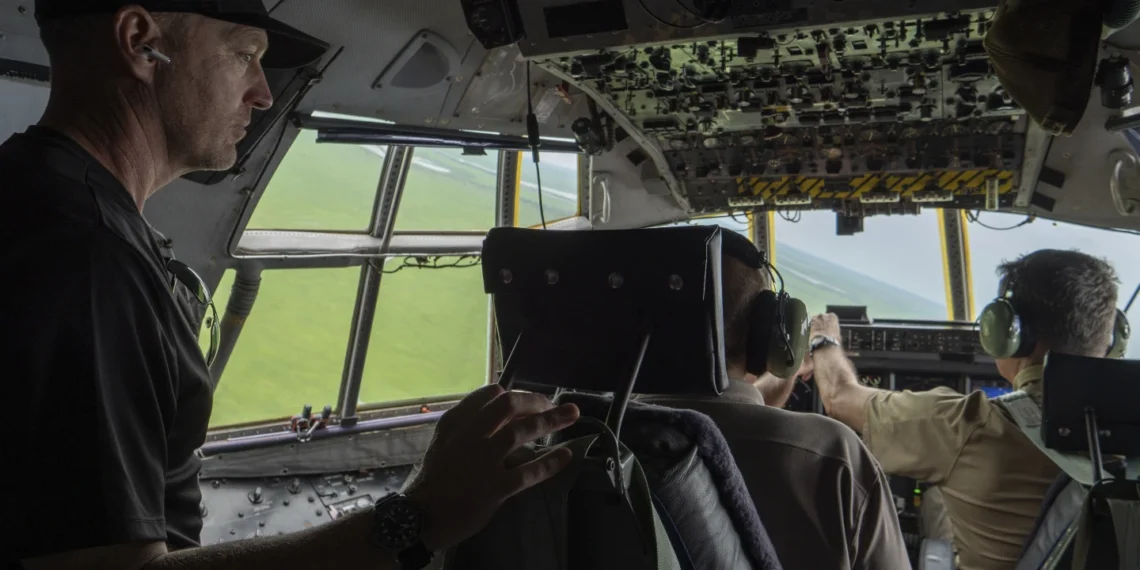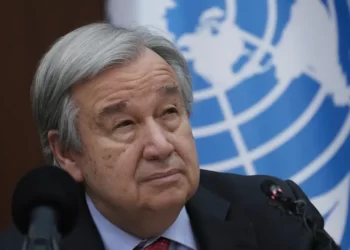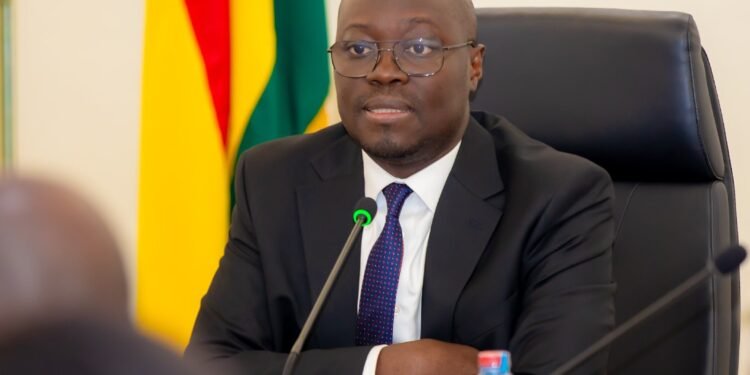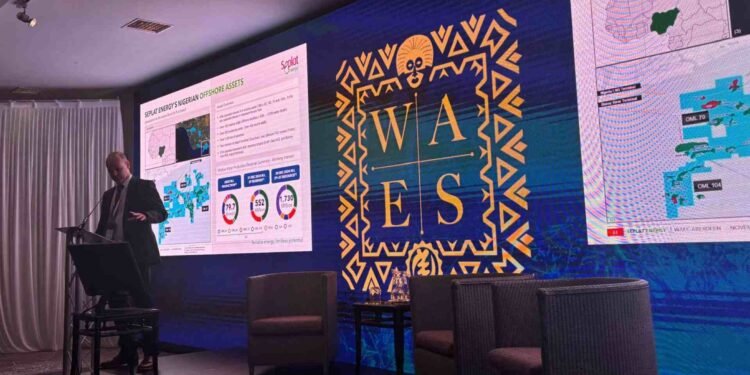A cargo plane roared low over a tributary of the Nile in South Sudan, releasing heavy sacks of food into the air. The drop was executed by Fogbow, a US-based firm founded by retired military and intelligence officers. The mission’s goal is to deliver life-saving aid to civilians displaced by the ongoing conflict in the country.
This recent operation, funded by South Sudan’s government, is one of the latest examples of a growing and divisive trend in global humanitarian aid. American private firms, led by former defense and intelligence officials, are stepping in to deliver aid in some of the world’s most volatile regions, including South Sudan and Gaza.
The involvement of for-profit military contractors in humanitarian operations is stirring concern among traditional aid organizations and the United Nations. Critics argue that the shift risks blurring the line between military strategy and neutral relief work.
Fogbow President Michael Mulroy, a former CIA officer and senior Pentagon official under the Trump administration, defended the company’s approach from the airport tarmac in Juba, South Sudan’s capital. “We’ve worked for careers, collectively, in conflict zones. And we know how to essentially make very difficult situations work,” he said.
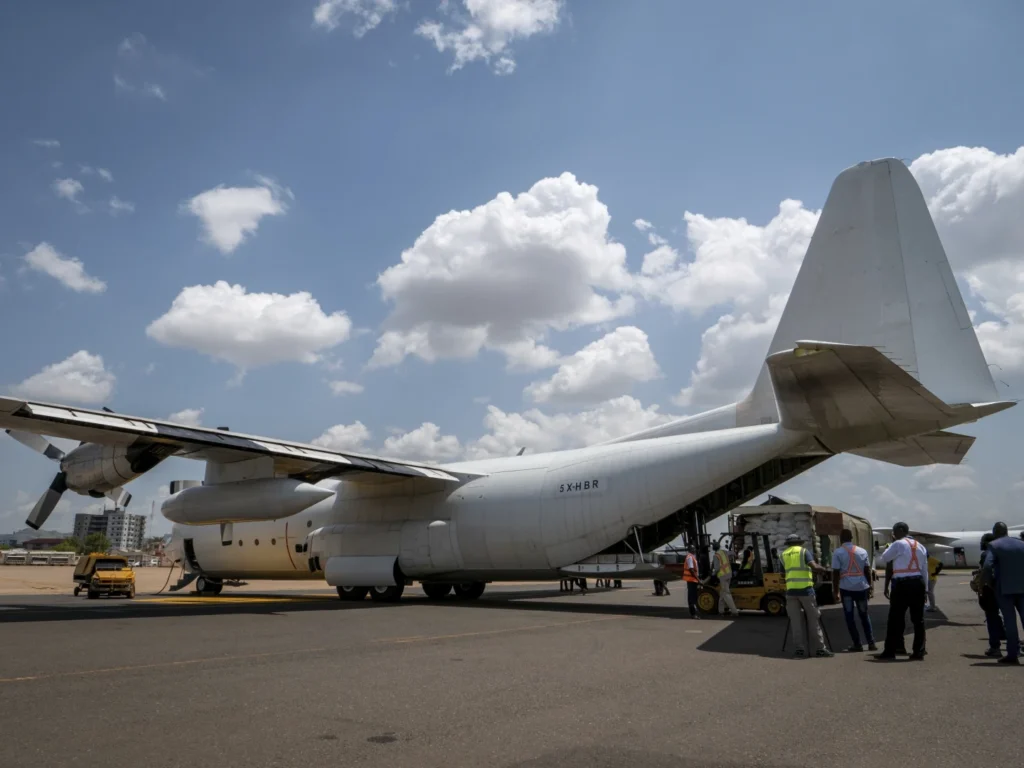
Neutrality In Jeopardy, Critics Warn
Mulroy emphasized that the company’s mission is humanitarian and that its operations are not designed to displace traditional aid organizations. “We don’t want to replace any entity,” he added.
However, humanitarian experts are skeptical. Many warn that such partnerships with governments involved in conflicts risk undermining core humanitarian principles — particularly neutrality and independence, which are essential for operating safely in war zones.
“What we’ve learned over the years of successes and failures is there’s a difference between a logistics operation and a security operation, and a humanitarian operation,” said Scott Paul, a director at Oxfam America.
“‘Truck and chuck’ doesn’t help people. It puts people at risk.”
Scott Paul
Fogbow allowed reporters to accompany a recent mission over Nasir in Upper Nile state. The area has been largely abandoned since fighting erupted in March between South Sudanese government forces and opposition groups. With a white cross marking the drop zone, the contractors released 16 tons of corn, beans, and salt. The few people visible near the site suggested many residents had not yet returned, although previous drops reportedly drew more civilians.
Fogbow admits its airdrop system is not flawless. A previous mission in Sudan’s South Kordofan resulted in grain sacks bursting open due to weak packaging. Nonetheless, the firm remains committed to expanding operations, with support from South Sudan’s government.
South Sudanese officials cite shrinking foreign aid, especially after the US government cuts to the United States Agency for International Development under the Trump administration, as one reason for contracting private firms like Fogbow.
Humanitarian Affairs Minister Albino Akol Atak confirmed that the country intends to widen the scope of such air drops. The government hopes to deliver food aid across a broader region as part of a larger effort to mitigate the humanitarian emergency.
After gaining independence from Sudan in 2011, South Sudan quickly descended into a devastating civil war that left nearly 400,000 people dead. Years later, peace remains fragile, and the country is consistently ranked among the most corrupt in the world. Rights groups say the government has historically done little to relieve the widespread suffering.
Despite criticisms, Fogbow’s defenders argue that in the absence of robust international aid, their operations are filling a dangerous void. For now, their planes will continue flying over battered towns, dropping supplies into conflict zones where few dare to go.
READ ALSO: MP Urges Urgent Action After 7 Students Drown in Dikpe

